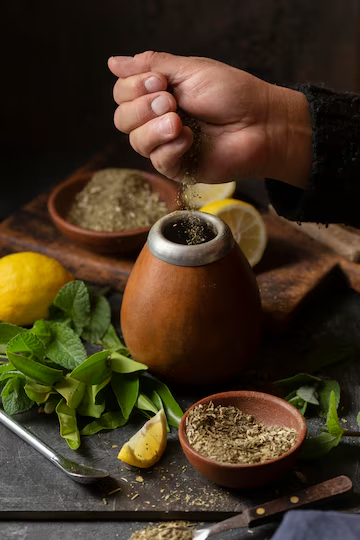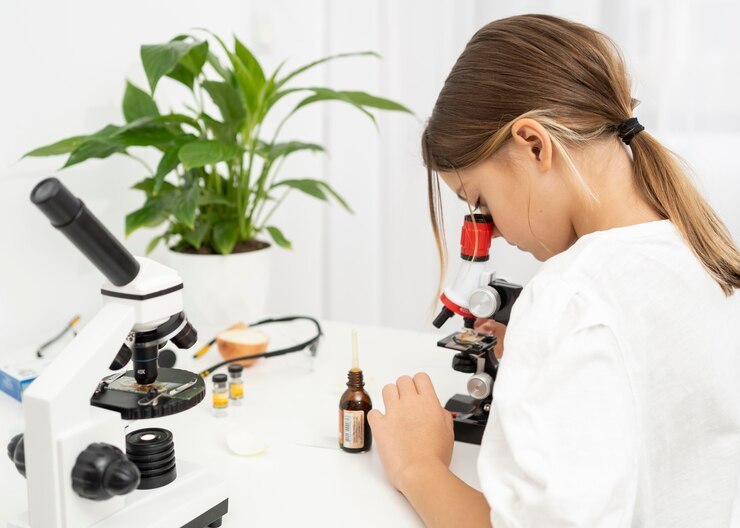
Herbal medicine, which has been widely used for communication for many years, seems to invite even modern critiques more than other practices. With an increasing number of individuals seeking natural health solutions, it is crucial to consider the negative perceptions of herbal treatment. In this article, we are going to address some of the most frequently asked questions and issues, helping to understand some of the difficulties and dilemmas that advocates and practitioners have to face.
What are common criticisms of herbal medicine?
Many critics argue that herbal medicine lacks rigorous scientific testing, making efficacy claims unreliable. This concern is compounded by the fact that the regulation of herbal products is often less stringent than pharmaceuticals. As a result, there are significant questions regarding quality control and consumer safety.
Critics remark on the lack of comprehensive documents that contain evidence of the level of safety of herbal-regimes. With no effort to create universal benchmarks, many herbal solutions go unproven in terms of effectiveness. At the same time, patients who use herbal therapies may experience serious side effects and risks due to misuse and interactions of herbal and conventional drugs leading to understaffing and understudying of experts and the field.
How does herbal medicine compare to conventional medicine?
Herbal medicine emphasizes holistic treatment, focusing on prevention and overall wellness, whereas conventional medicine typically targets specific symptoms or diseases. This fundamental difference in approach can lead to a debate about efficacy and philosophy in healthcare.
Supporters are herbal medicine advocates and explain how it is possible to affect with lesser harm to the body which is not necessarily the case since it is often treated using several therapeutic agents for several herbs given in combination to exert synergistic effects on the body. However, there are also harsh critics of this alternative medicine who claim that this popularity is not justified by any substantial evidence base. It is quite clear where the main part of this difference lies and it is quite clear why this has to be understood, and also the opposite point of view as well.
What are the safety concerns regarding herbal supplements?

Safety concerns about herbal supplements include issues such as contamination, mislabeling, and inconsistent dosages. Some herbal products may also cause adverse effects or interact negatively with prescription medications, leading to significant health risks for consumers.
This is because consumers are likely to be unaware of these risks which is why there is a need for more education and regulation in the herbal market. They should also be assisted in making sure that they have up to date and accurate information in the market so as to protect their health and wellbeing. And in this regard, the herbal industry can in fact push for unjustified protectionism and work for safer environment and customer advocacy.
Why do some people distrust herbal medicine?
Distrust in herbal medicine stems from a combination of anecdotal evidence and the absence of comprehensive clinical trials. Many individuals may have encountered ineffective treatments or negative experiences, leading to skepticism about the effectiveness of herbal remedies.
Even the media can fuel public opinion, but in reverse. This is not to say that herbal medicine is all bad, but, like all medicine, it does have pros and cons. Practitioners have to be able to properly communicate and share their knowledge and experiences as this culture of distrust can be an obstacle to openness towards the herbal alternatives.
What role does evidence play in the acceptance of herbal medicine?
Evidence from scientific studies plays a critical role in bolstering the credibility of herbal medicine. Well-conducted clinical trials can demonstrate efficacy and safety, helping to attract broader acceptance among healthcare professionals.
On the other hand, the absence of supporting documents can breed doubts and concerns. With the continuous growth of the herbal sector, there is the need to continue conducting research to support or counter any claims made by manufacturers to help the customers. There must be coherence in order that such interventions by patients do benefit the patients.
How can herbal practitioners address the controversies surrounding their practice?
Herbal practitioners can effectively address controversies by advocating for transparency and education. By providing patients with reliable information about herbs, potential side effects, and interactions, practitioners can foster trust and credibility.
Combining herbal medicine with modern medicine can also legitimize the practice. Practitioners will be able to reassure patients regarding the safety and effectiveness of herbal medicine by integrating various disciplines.
What future trends might impact the perception of herbal medicine?

Future trends may significantly impact the perception of herbal medicine, particularly the increasing demand for personalized healthcare solutions. As research methodologies advance, there is potential for stronger evidence supporting herbal efficacy.
A heightened sense of awareness of all-round health care could also alter public opinion positively such that more people will want to make use of herbal options. Furthermore, changes in the regulations may improve the risk profile of herbal agents giving rise to enhanced receptiveness and changes in their usage patterns.
Conclusion
The issues surrounding the use of herbal medicine have many dimensions. In Countering the above arguments & answering the concerns of herbal skeptics, the advocates and practitioners would try to arrive at a better representation of the facts relating to herbal medicine. With change in research trends environment and growing consumers interest, it becomes necessary to strengthen the safety, education and transparency in the field of herbal medicine. There is always a need for traditional practices and scientific approach to work hand-in-hand primarily for the benefit of people looking for natural remedies.

